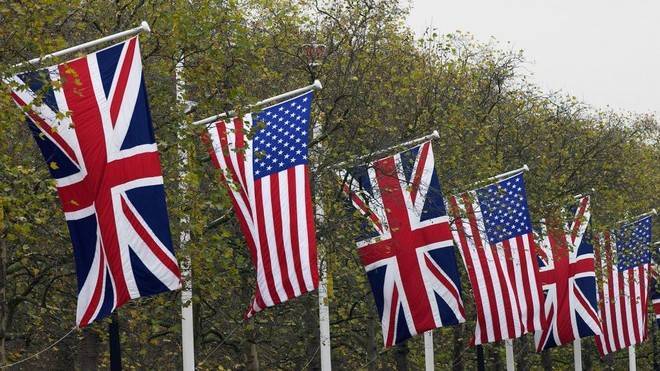Britain announced today, in coordination with the United States and the European Union, the imposition of further sanctions on Iranian officials, including members of the Revolutionary Guard, stating that "they are responsible for human rights violations." The British government clarified that "the sanctions include four leaders of the Revolutionary Guard." Foreign Secretary James Cleverly stated in a statement, "Britain and our international partners reaffirm today that we will not look away from brutal repression. We will continue to take a range of actions to hold the regime accountable for its actions."
The U.S. Treasury Department imposed sanctions today on four prominent Iranian officials in law enforcement and the military involved in suppressing protests that erupted last year following the death of a young woman in the custody of the morality police, which monitors adherence to strict dress codes for women. The department stated that it also targeted the new secretary of the Supreme Council of Cyberspace in Iran, which is responsible for Iranian cybersecurity policy and blocking popular websites.
U.S. Treasury Undersecretary for Terrorism and Financial Intelligence Brian Nelson stated that "the Iranian people deserve freedom of expression without the threat of violent retribution and censorship from those in power." The Treasury Department detailed sanctions against three senior officials of the Iranian Revolutionary Guard: Parviz Absalani, the Deputy Commander of the Salman Corps in Sistan and Baluchestan, Amanullah Qashtasbi, Deputy Inspector of the Revolutionary Guard Ground Forces, and Ahmad Khaadam, a commander in the Revolutionary Guard Ground Forces.
Sanctions were also imposed on the commander of the relief unit of Tehran's police force, Salman Adinehwand, the main security organization responsible for crowd control and suppressing protests. The new secretary of the Supreme Council of Cyberspace, Mohammad Amin Aghmiri, was also targeted, being the central authority for policymaking in the cybersecurity sector. The Treasury Department noted that the council is responsible for Iran's blocking of popular news and communication platforms online, as well as using digital technology to spy on and harass journalists and regime opponents.
The European Council announced in a statement that it decided to impose sanctions on eight individuals and one entity responsible for human rights violations in Iran. The Council reported sanctions against the Iranian mobile phone service company "Arian Tel," which contributed to implementing surveillance, which the Iranian government planned for crushing opposition. The new sanctions also include members of the Iranian parliament, elements of the Revolutionary Guard, and the Revolutionary Guard's cooperative institution responsible for managing its investments.




